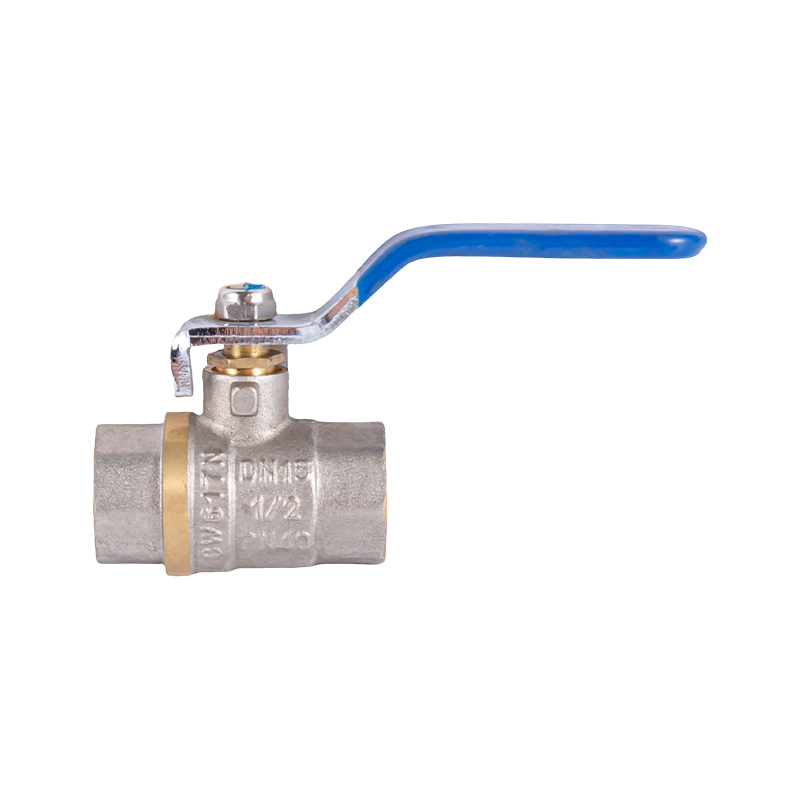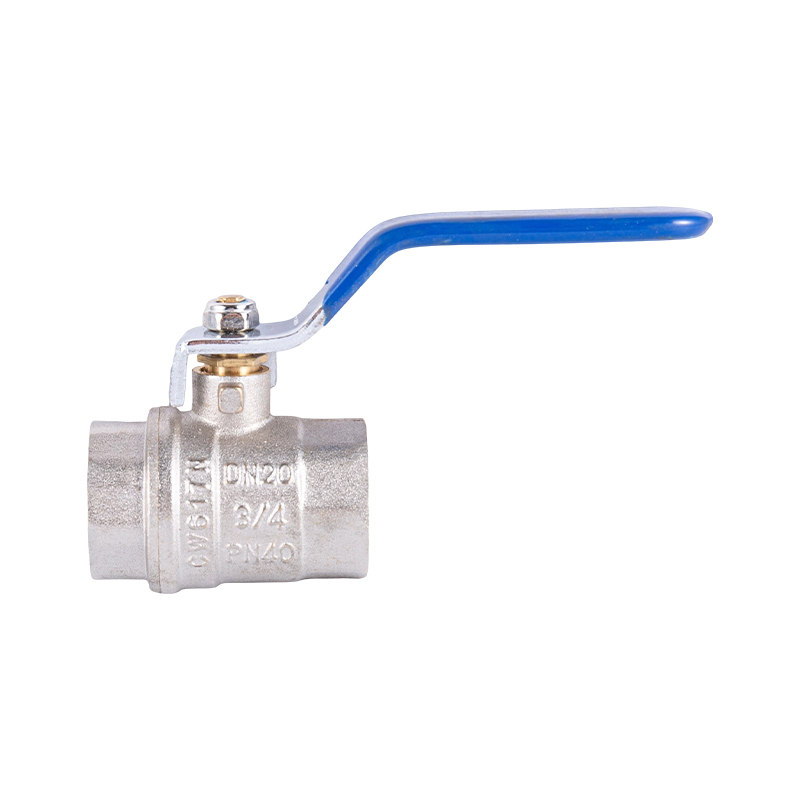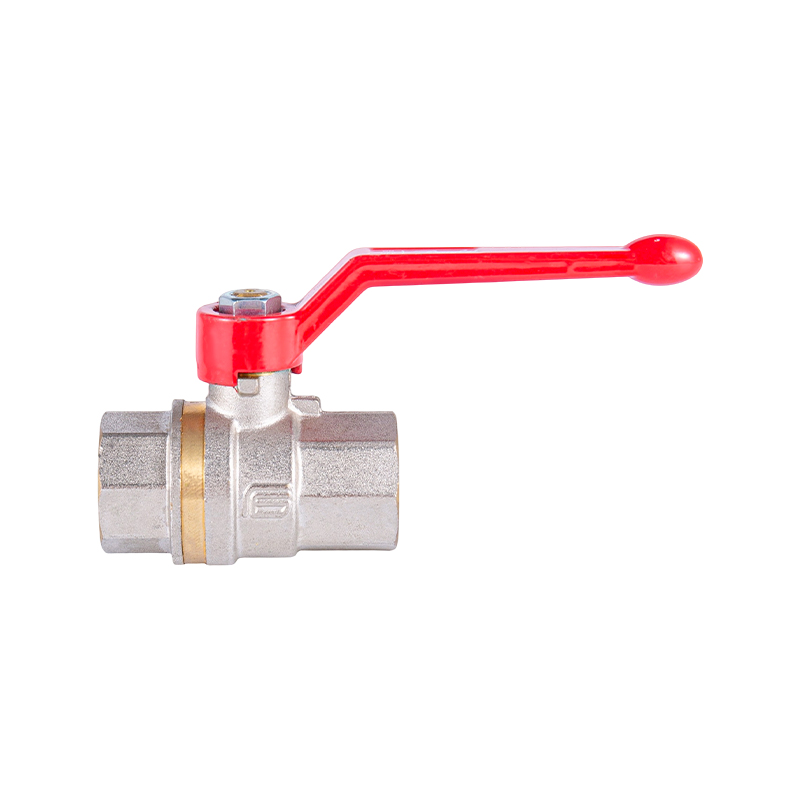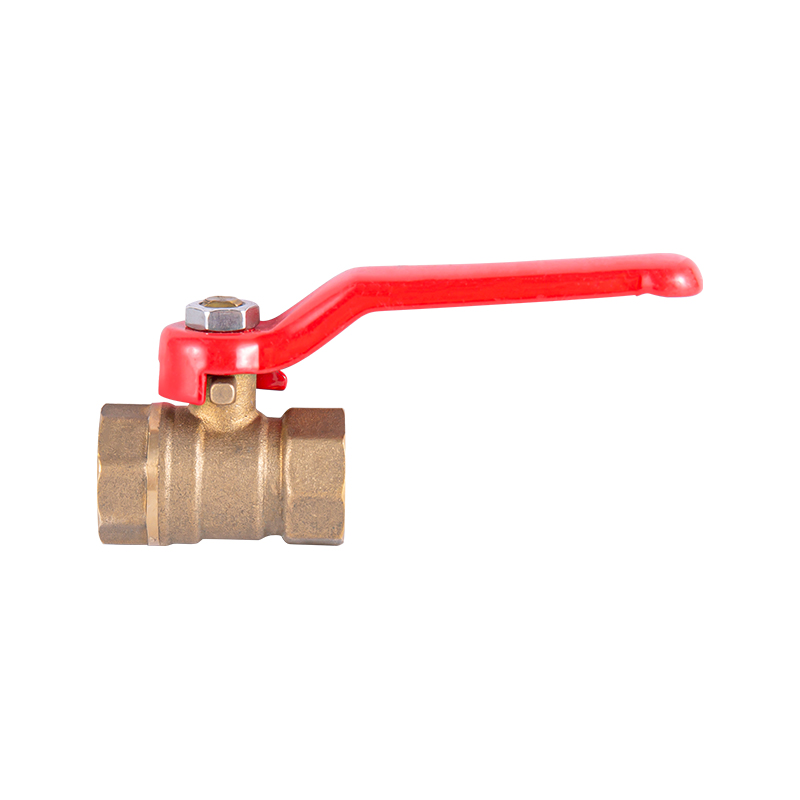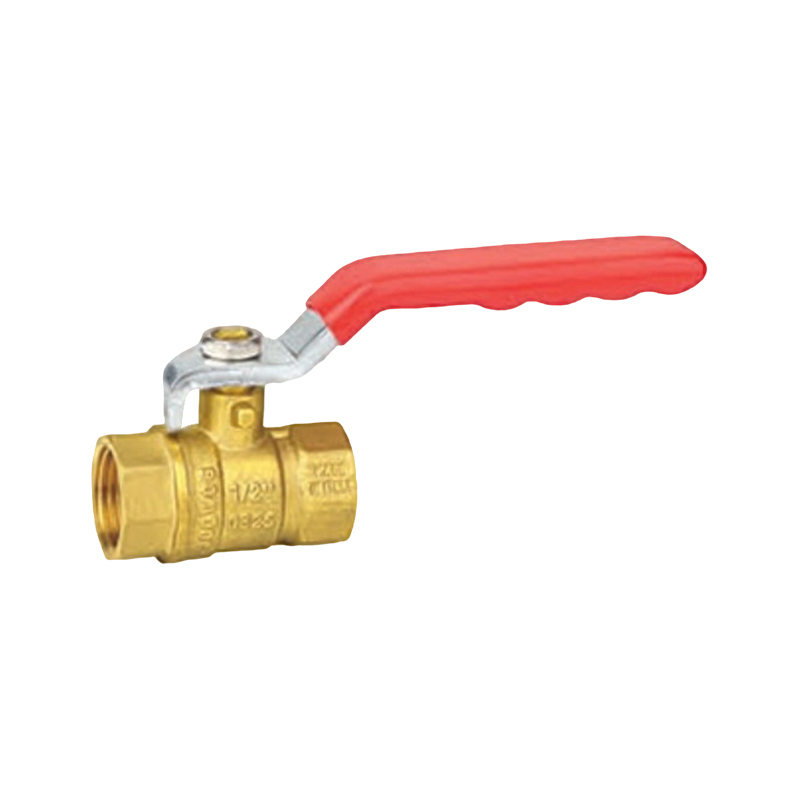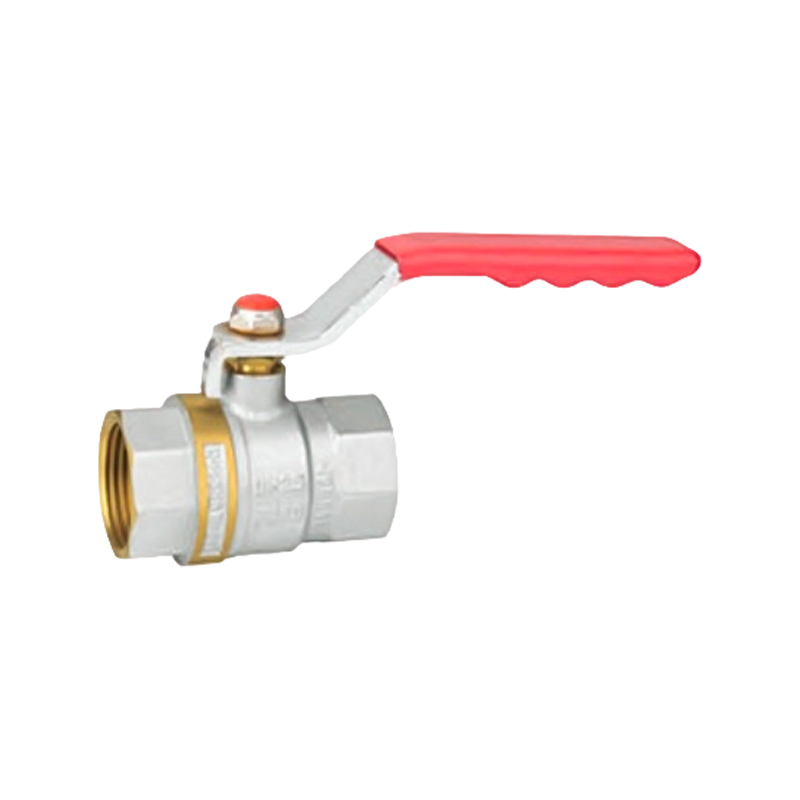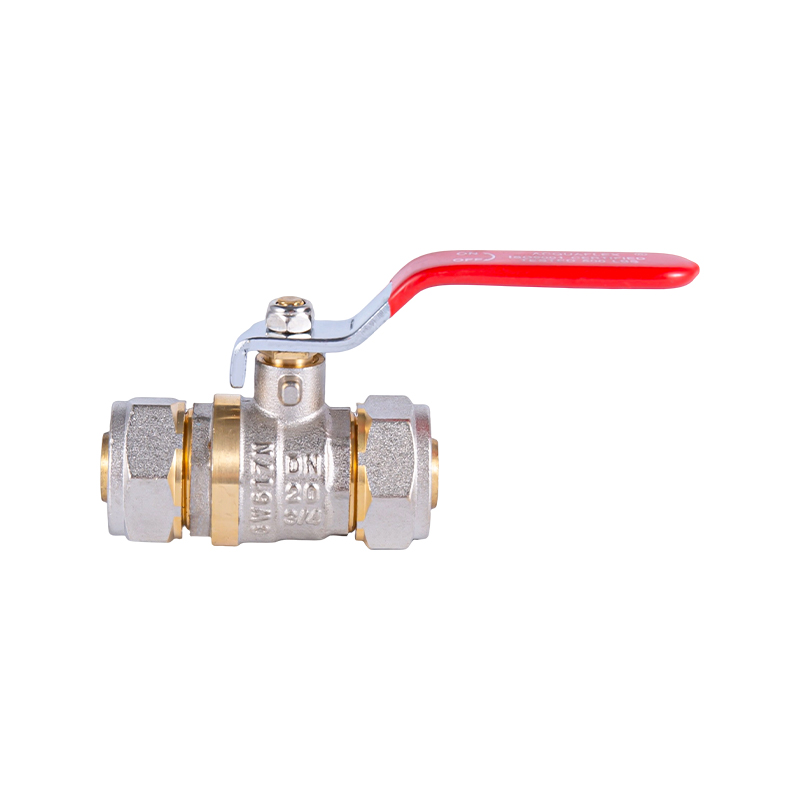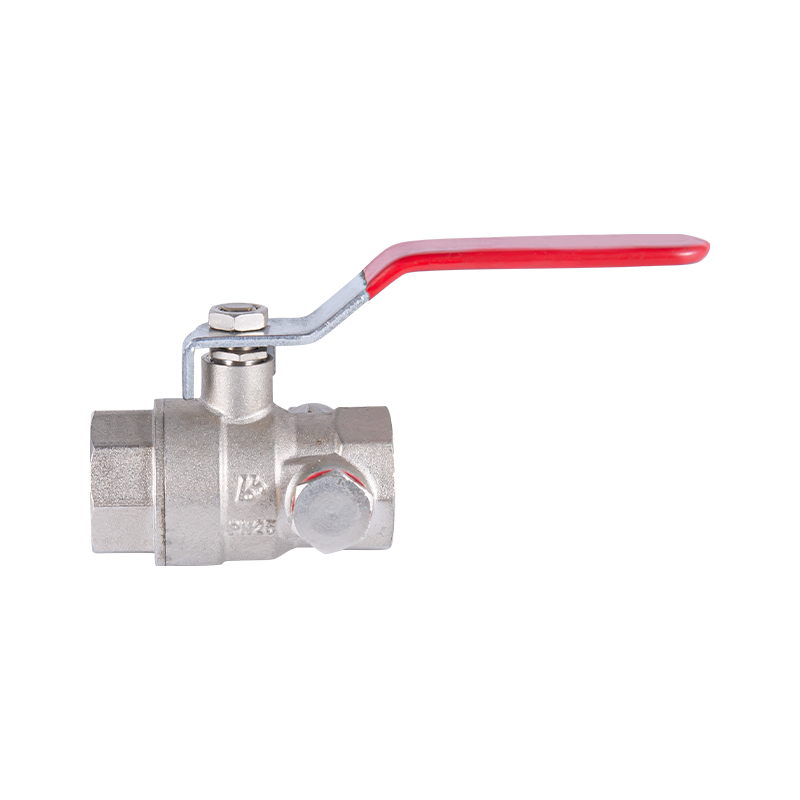Mini Valve Manufacturers pioneering Innovation in Fluid Control
The fluid control industry continues to evolve as industries seek efficient and reliable solutions for managing liquids and gases. Among the wide range of components available, the Mini Valve stands out for its compact size and practical function. Valve manufacturers play an important role in enhancing the capabilities of fluid systems by developing models that address various operational challenges. Their focus on material selection, system compatibility, and advanced control features has broadened the applications of the Mini Valve across multiple industries.
A Mini Valve is a small control device designed to manage the flow of fluids within a system. Its compact dimensions make it suitable for use in equipment and pipelines where space is limited. Despite its size, a Valve provides dependable flow regulation and can be applied in systems handling water, air, fuel, chemicals, and other substances. Valve manufacturers continually improve product designs to meet the changing demands of industries like agriculture, medical technology, and industrial processing.
One area where Mini Valve manufacturers have made noticeable progress is in the selection of materials. Modern Valve designs use corrosion-resistant metals and high-strength polymers that extend service life and improve resistance to harsh environments. This material advancement allows a Valve to perform consistently in outdoor, industrial, and high-moisture settings without frequent maintenance or replacement.
Precision control is another important consideration addressed by Valve manufacturers. A Valve is often responsible for regulating small flow volumes where accuracy is critical. Through improvements in valve seat design, sealing technology, and internal flow pathways, manufacturers have enhanced the precision and responsiveness of the Valve. These developments ensure steady performance in applications like laboratory instruments, fuel distribution, and chemical dosing systems.
The versatility of the Mini Valve is largely due to the variety of designs available from different manufacturers. Ball, needle, check, and stop Valve models are produced to suit the needs of specific systems. Each type of Valve offers unique benefits, allowing system designers to select components that align with operational pressures, flow rates, and fluid types. Manufacturers continue to refine these designs to increase efficiency, durability, and ease of installation.
Mini Valve manufacturers are also responding to the growing demand for system integration and smart control solutions. In automated systems, a Valve may be connected to sensors and controllers that adjust flow rates based on operational data. Manufacturers have developed Valve models with features such as adjustable flow settings, quick-connect interfaces, and compatibility with electronic control devices. These improvements contribute to the smooth operation of modern fluid systems.
Another innovation area for Mini Valve manufacturers is environmental responsibility. The ability of a Valve to prevent leaks and reduce fluid waste is increasingly important in industries focused on resource conservation. Manufacturers now offer Valve options with enhanced sealing features and flow control mechanisms that reduce the risk of unnecessary fluid loss. These upgrades support sustainable operation in applications ranging from agricultural irrigation to industrial water treatment.
The role of the Mini Valve in the automotive industry is also expanding. Valve models are used in fuel systems, cooling systems, and air conditioning units where precise control over small fluid volumes is required. Manufacturers have designed specialized Valve types for these uses, capable of withstanding vibration, temperature fluctuations, and exposure to automotive fluids. This demonstrates how Valve manufacturers adapt their designs to meet the demands of highly specific applications.
Ease of maintenance is another priority for Mini Valve manufacturers. A Valve is often located in systems that require regular inspection and occasional replacement. To support this, manufacturers create models with accessible components, simple disassembly features, and standardized connection sizes. These design elements make it easier for operators to service a Valve quickly, reducing system downtime.
In the agricultural sector, the Mini Valve is widely used in irrigation systems, where it helps regulate water delivery to different crop zones. Valve manufacturers produce models tailored for these environments, emphasizing durability and compatibility with commonly used irrigation tubing. The ability to control water flow precisely through a Valve helps farmers manage water resources more efficiently, contributing to improved crop management.
-
Feedback


 English
English 中文简体
中文简体 русский
русский Email us now!
Email us now!
